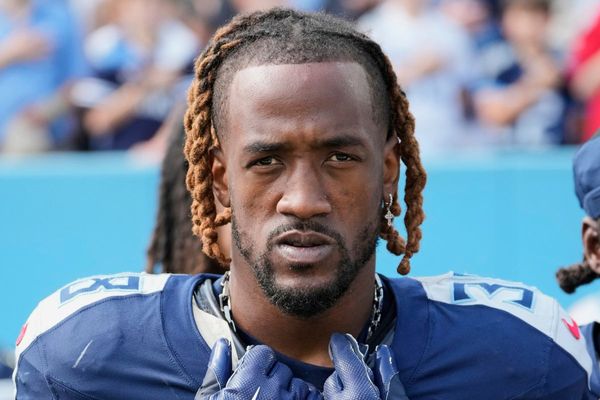Growing up in Milingimbi in north-east Arnhem Land, Yolngu man Dr Mangatjay McGregor was always drawn to a career in medicine.
"From a young age, I felt really in tune with the way people felt and [that] naturally progressed into medicine," he said.
Dr McGregor is a mental health registrar in Melbourne and is believed to be the first Yolngu doctor from the Northern Territory.
While the 29-year-old has made great strides in his career, his journey has not come without its challenges.
During his time as a junior doctor, he said he experienced bullying and discrimination by senior staff in the workplace.
"There are times where [the discrimination] is more overt and in your face, then there are times where it's a little bit more insidious," he said.
"Often it's coming from consultants, so they're specialists or registrars [who] are quite senior — there is that power imbalance."
One incident in 2017 — which took place while Dr McGregor was a trainee — has remained etched in his memory.
While in an operating theatre, he said he was bullied by a surgeon in front of his peers.
"I'd been in [the operating] theatre with [this surgeon] a few times," he said.
"No matter what I did in terms of trying to assist in theatre or show my knowledge when she'd asked questions … I just couldn't satisfy her.
"She actually said to me, 'you need to answer questions in a way that doesn't make me want to hit you.'"
While seeking advice from mentors helped him cope with the incident, Dr McGregor said medical school became "overwhelming" for some of his fellow Indigenous peers.
"There was a particular consultant … who was quite renowned for making medical students and junior doctors cry … this included some of my Aboriginal friends. They just felt really unsafe," he said.
Dr McGregor's experiences are not uncommon.
A recent national survey of more than 21,000 doctors in training found more than half of Aboriginal and Torres Strait Islander, or 158, trainees experienced or witnessed bullying, harassment and discrimination in the workplace, compared to 35 per cent of overall trainees.
The Medical Training Survey (MTS), which more than half of all doctors in training took part in, found the most common group responsible for the actions was senior medical staff.
Calls for cultural reform
The Australian Indigenous Doctors' Association (AIDA) has described the disproportionately high rates of workplace bullying and discrimination as "unacceptable" and raised concerns that it could drive First Nations trainees out of the profession.
"It's something that most of us have faced when we've gone through our own training," AIDA Vice President Dr Simone Raye said.
"We had hoped that things would improve for the future generation."
"It's very concerning because senior staff can actually set the tone for the culture of the organisation that they're working within.
"There's no real way of resolving some of these issues, especially when it's senior staff [responsible]."
Dr Raye said cultural safety training programs must be implemented across the healthcare system to ensure "cultural competency within the workforce".
She also called for a nationally consistent reporting system to be put in place in hospitals and healthcare organisations to ensure incidents of bullying and discrimination can be adequately addressed, without Indigenous doctors feeling that they could be penalised.
"There is no set structure within the hospital system to address these sorts of issues," she said.
"[We need to work with] senior staff and senior management within the hospital system to try and bring in cultural safety training.
"If we can instigate that change at the higher level, then hopefully that will filter down to the lower-level staff and colleagues."
'Work underway' to address discrimination
Medical Board of Australia Chair, Dr Anne Tonkin, stressed the importance of retaining Indigenous doctors.
"It's very concerning that First Nations trainees are experiencing higher levels of discrimination, bullying and harassment because they are very important people to keep in the healthcare system," she said.
"I'd like the profession as a whole to be looking after those trainees particularly well, so that they thrive in the healthcare system."
Dr Tonkin said work was underway to address the issue.
"The Board is in a really good position to talk to a whole range of stakeholders and agencies across healthcare, bring people together, agree that this is unacceptable, and make some plans to change that," she said.
"We're starting that process already."
The Australian Health Practitioner Regulation Agency (AHPRA) said it had an Aboriginal and Torres Strait Islander health strategy in place, which provides a "framework to encourage health practitioners towards culturally safe and respectful practice".







